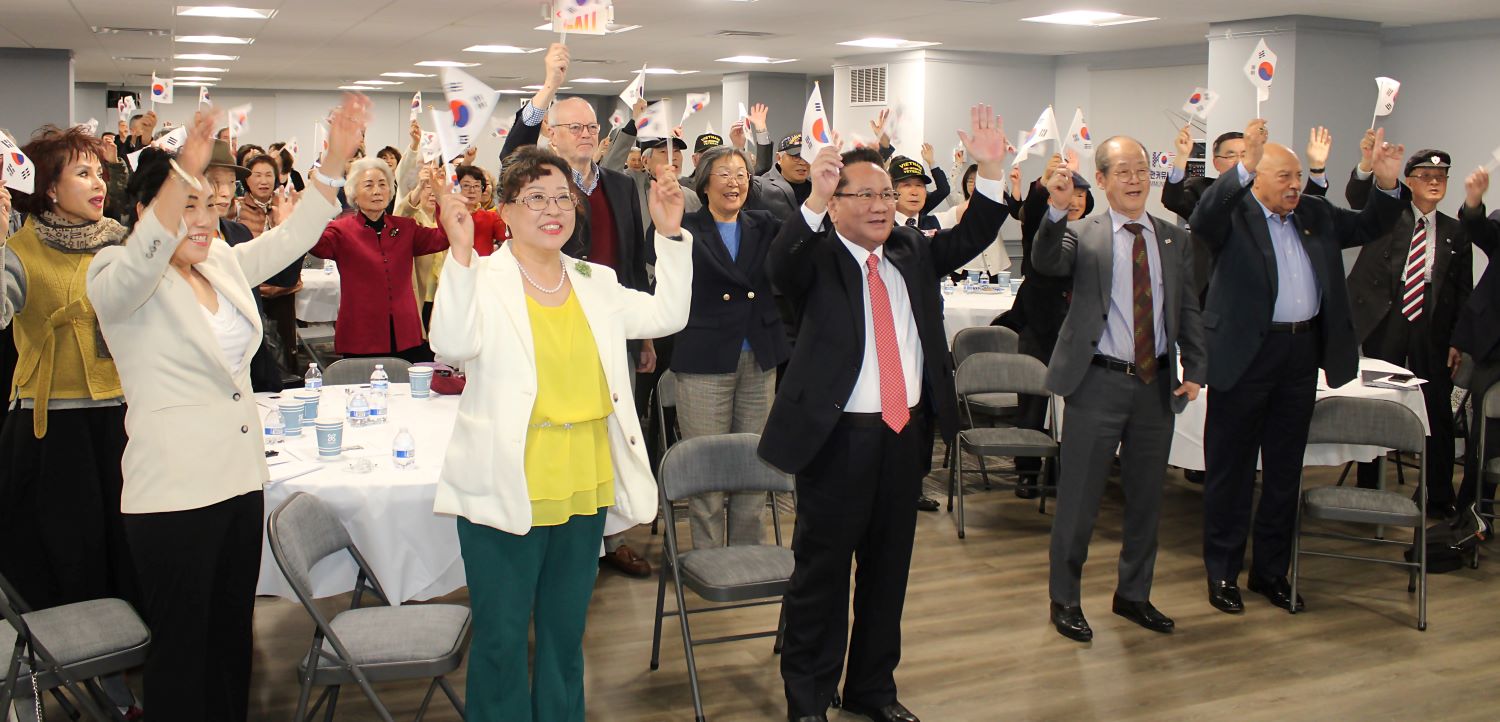Global Peace Foundation (GPF) Japan hosted a webinar on “Structural Changes in Japan-ROK Relations Amid U.S.-China Conflict and the Nuclear and Missile Crisis form North Korea: From Asymmetric Complementary Relations to Symmetrical Competitive Relations,” in August 2021 featuring Professor Tadashi Kimiya of the Graduate School and College of Arts and Sciences at the University of Tokyo.
Professor Kimiya was able to share his analysis of Japan-Korea relations and perspectives on the future unification of the Korean Peninsula.
Dr. Kimiya mentions the changing landscape of Japan-Korea relations as the cause of the current challenges in Japan-Korea relations, saying that the relationship has transformed from asymmetrical complementarity to one of a largely competitive nature. Since the 1990s, with the end of the Cold War, the democratization of South Korea, and the emergence of China as a major power, the relationship between Japan and South Korea has been transformed into a competitive one.
After the end of the Cold War era, the common goals of Japan and South Korea during the period of asymmetrical relations between the two countries have been achieved, and some aspects of the goals of Japan and South Korea have been lost.
Today, Japan and South Korea share social issues such as declining birthrates, an aging population, and environmental problems; as well as common international issues including an alliance with the United States, dealing with the conflict between the U.S. and China, and the North Korean issue, opening doors to tackle these challenges in a common manner.
Learn more about global efforts for Korean reunification.



